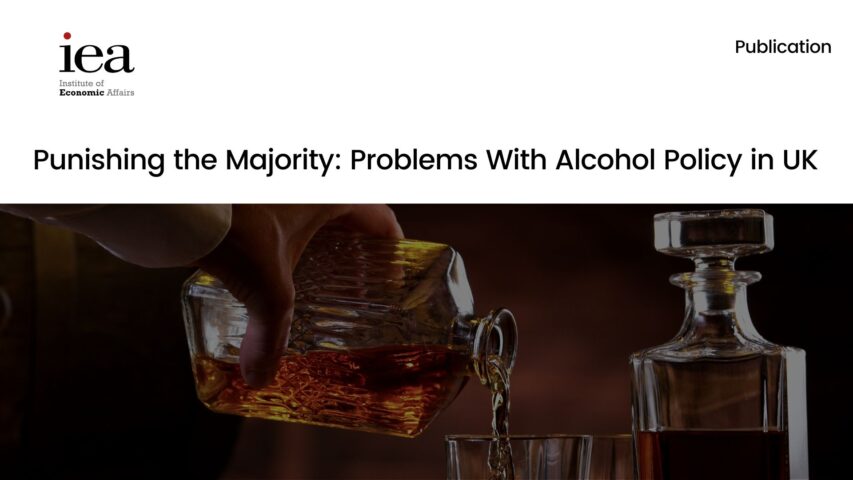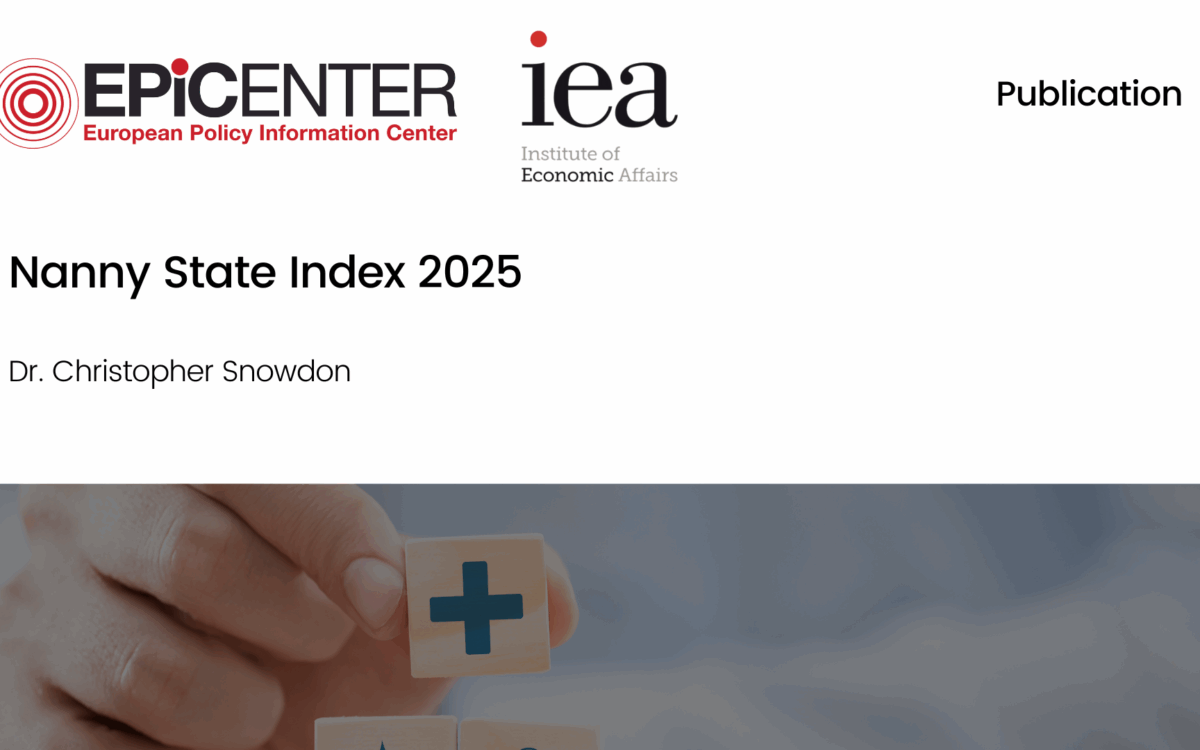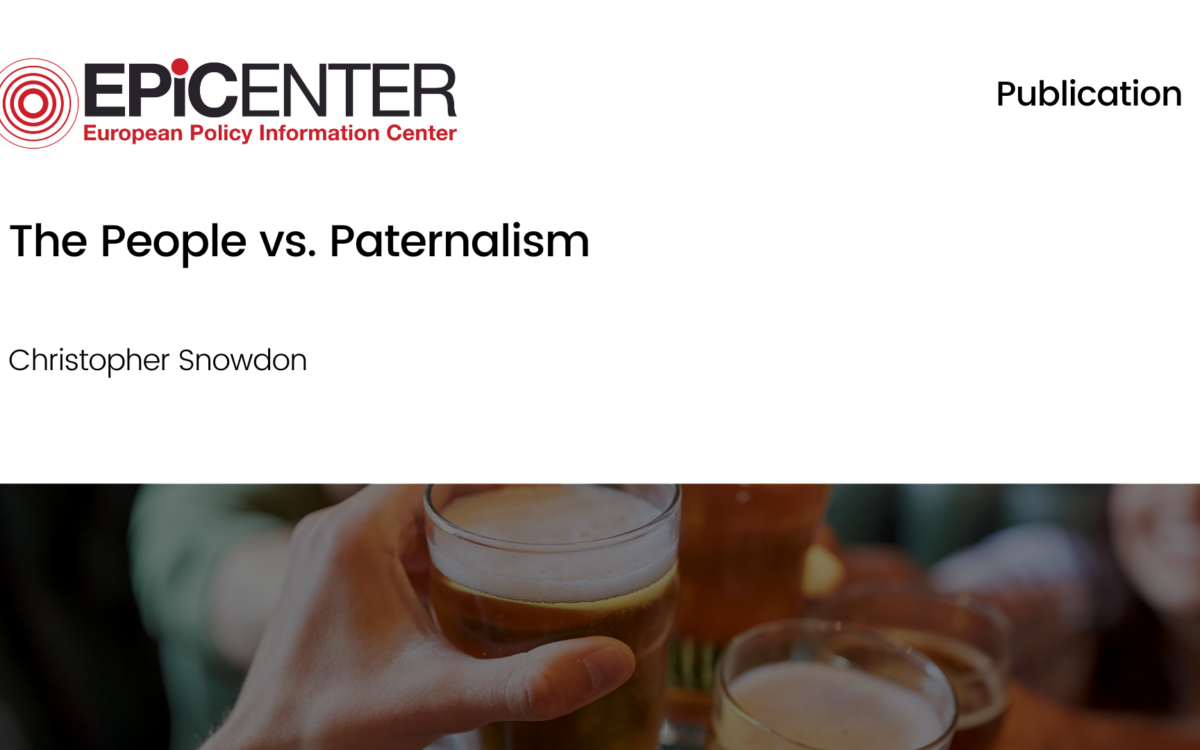Punishing the Majority: Problems With Alcohol Policy in UK

Punishing the Majority: Problems With Alcohol Policy in UK
June 2014
Alcohol policy in Britain and many other countries aims to reduce per capita alcohol consumption in the belief that this will inevitably reduce heavy and harmful drinking. The cornerstone policies of this approach are advertising bans, licensing restrictions and higher taxes. As researchers have long recognised, this theory is deeply flawed and has little predictive power. Per capita alcohol consumption largely depends on the amount of heavy drinking in a population, not vice versa. The mathematical model is simply wrong. Numerous real world examples, including the UK in recent years, show that alcohol-related harm does not necessarily correlate with overall alcohol consumption. Alcohol policy would be more effective and equitable if it targeted excessive drinkers, alcoholics and those who require help, rather than the whole population.
Download or share this publication
View the PDF
EPICENTER publications and contributions from our member think tanks are designed to promote the discussion of economic issues and the role of markets in solving economic and social problems. As with all EPICENTER publications, the views expressed here are those of the author and not EPICENTER or its member think tanks (which have no corporate view).



